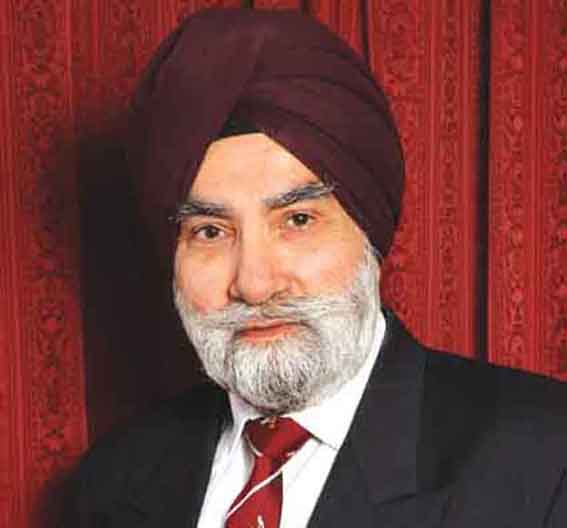Ram Mandar Opening and Indian Democracy

Up to December 6, 1992, it was the Babri Masjid. Then the Masjid was demolished by Hindu mobs. On 22 January 2024, BJP leaders led by Prime Minister Modi, joined Hindu priests in a religio-political event to inaugurate Ram Mandar in place of the historical Masjid. The celebrations were nationwide while the Indian Muslims remained silent and apprehensive.
A senior Indian journalist, Arfa Khanum, gave the analogy of a magician by the road-side who attracts crowds with all sorts of mind-boggling magic. Those watching the show know fully well that the magic is no more than tricks, deception and sleight of hand. Nevertheless, the onlookers applaud and also donate money at the end of show.
In the same way, at the end of the Ram Mandar show, large numbers of Hindus, struck by religious and patriotic fervour can be expected to vote for the political Party in power, the BJP, at the next General Election. It is almost certain that most Indians know either consciously or are vaguely aware of the irreversible damage which can be done to the founding principles of the secular Indian Constitution. However, they are likely to get carried away and ignore the risk of a permanent shift of India towards extreme Hindutva nationalism. Changes to the Constitution can be rushed through by the required BJP majority vote in the Parliament.
That will be much against the wishes of those who fought for the independence of the Indian sub-continent including the Sikhs, the founders of the Indian state and the authors of the Indian Constitution. That will be against the interests of the vast majority of the people of India, even those who now applaud the Ram Mandar opening. That will be against the global interests of India.
Very simply, a true democracy is majority rule through a voting process in which all citizens have the right to vote and in which individual and minority rights are protected. There are no second-class citizens in a democracy. According to one source: On the surface, the principles of majority rule and the protection of individual and minority rights would seem contradictory. In fact, however, these principles are twin pillars holding up the very foundation of what we mean by democratic government. Majority rule is a means for organizing government and deciding public issues it is not another road to oppression. Just as no self-appointed group has the right to oppress others, so no majority, even in a democracy, should take away the basic rights and freedoms of a minority group or individual.
Thus, winning the trust of the diverse minorities and cultures by the government is at the heart of democratic rule. Basic human rights of all citizens must be assured by the Constitution and protected through the legal process.
Regrettably, for some years, India has been sliding towards authoritarian majority rule, albeit, in the hands of only about 5 percent Indian population. The Ram Mandar show led by Narendra Modi of BJP, is a highly significant move towards Hindu nationalism. The secular Indian Constitution and the Indian democracy face the greatest threat since Indian independence. The minorities of India are facing the prospect of being legally classified as second-class citizens.
The question uppermost in the minds of outside observers of the Indian political scene is if Indian democracy is metamorphosing into a type of authoritarian state. Let us hope that is not the case.
Gurmukh Singh OBE
Principal Civil Servant retd (UK)